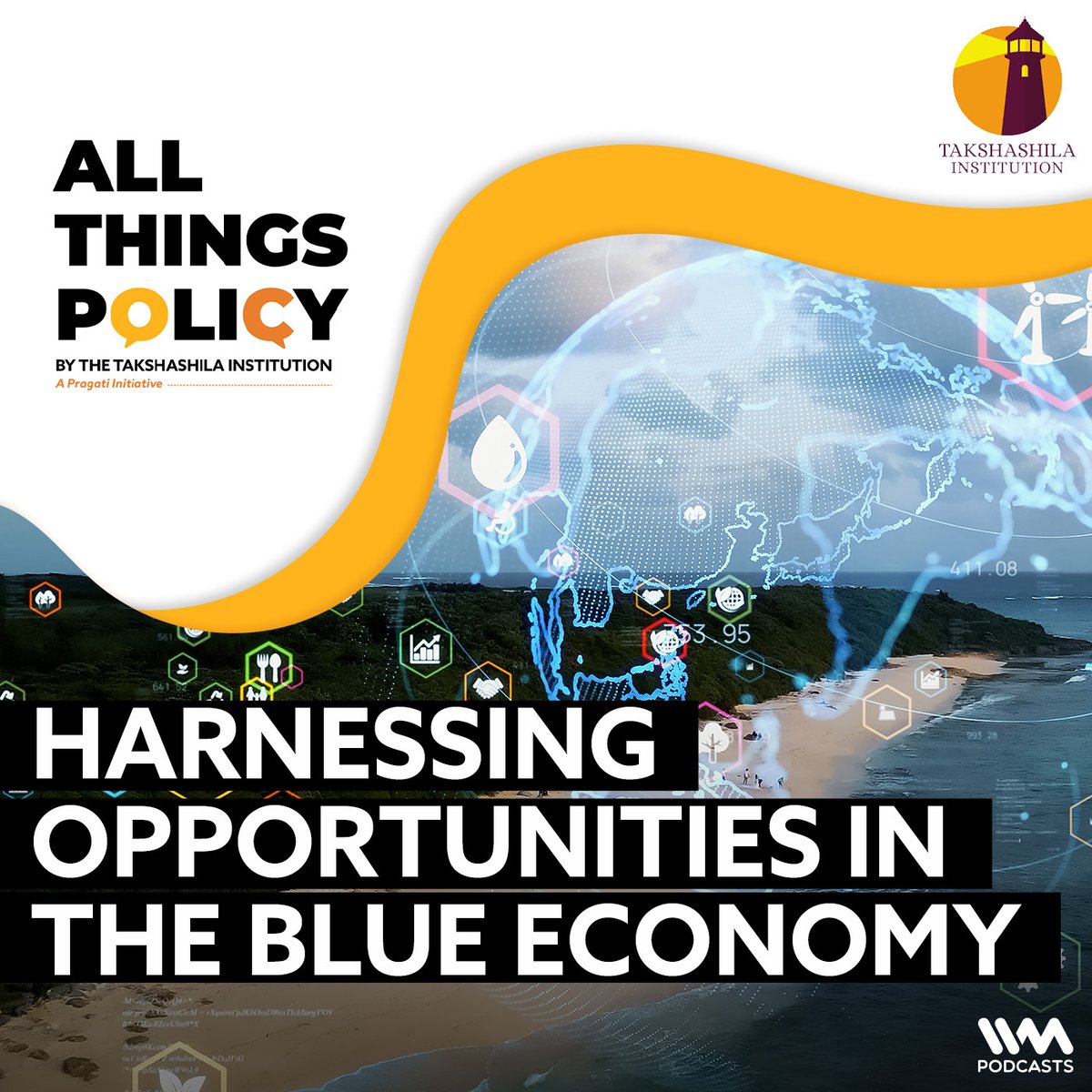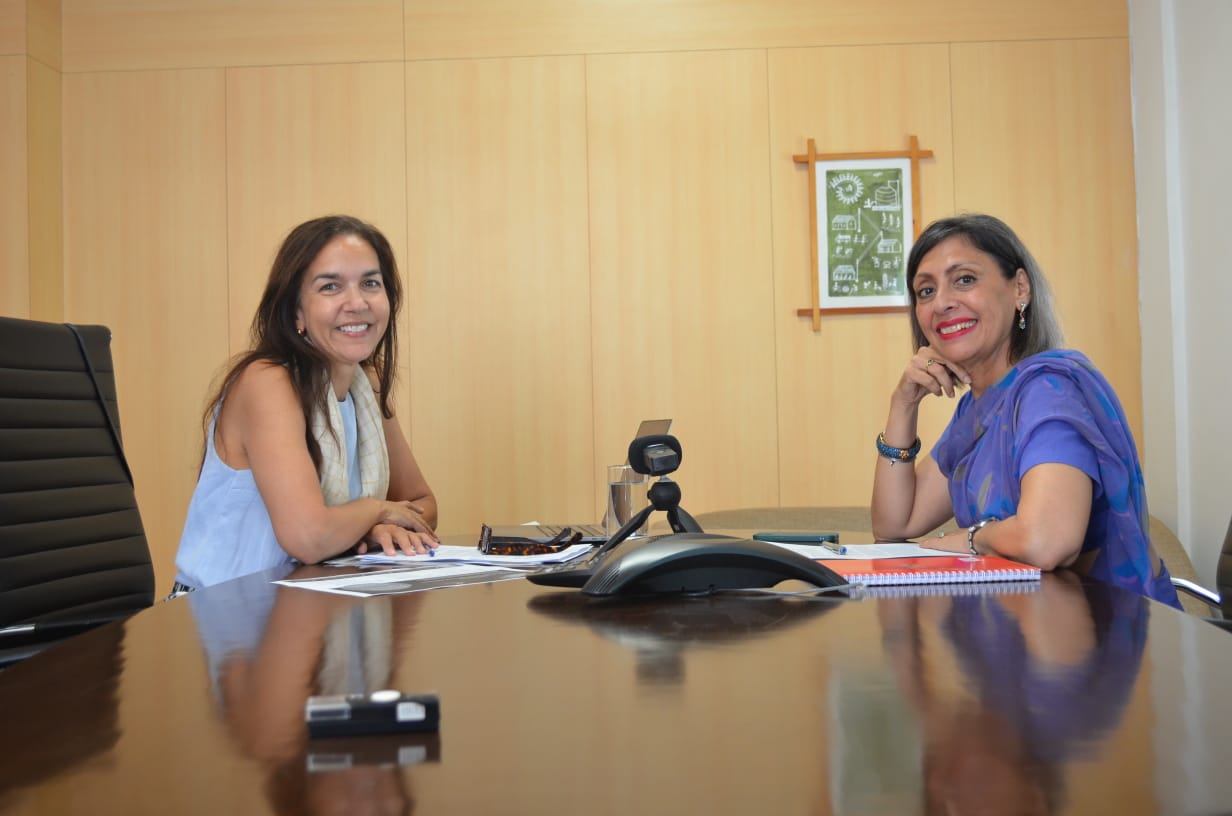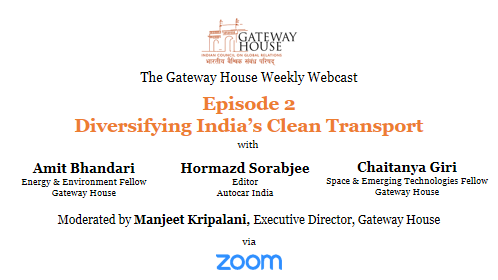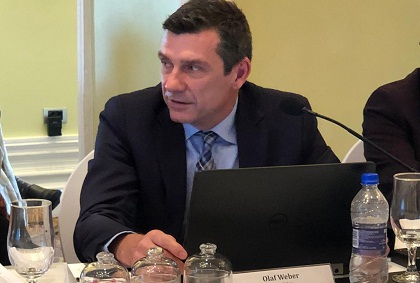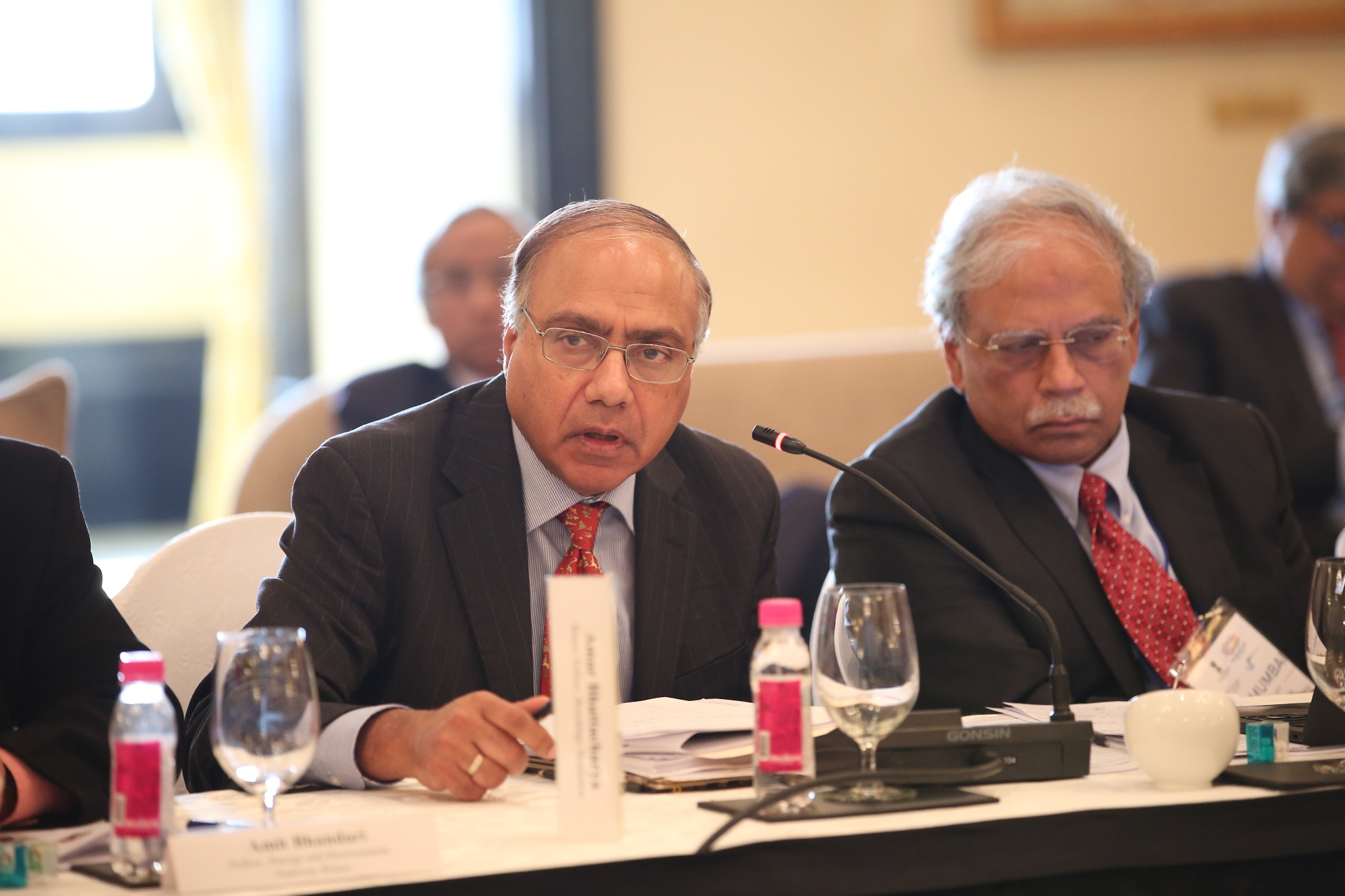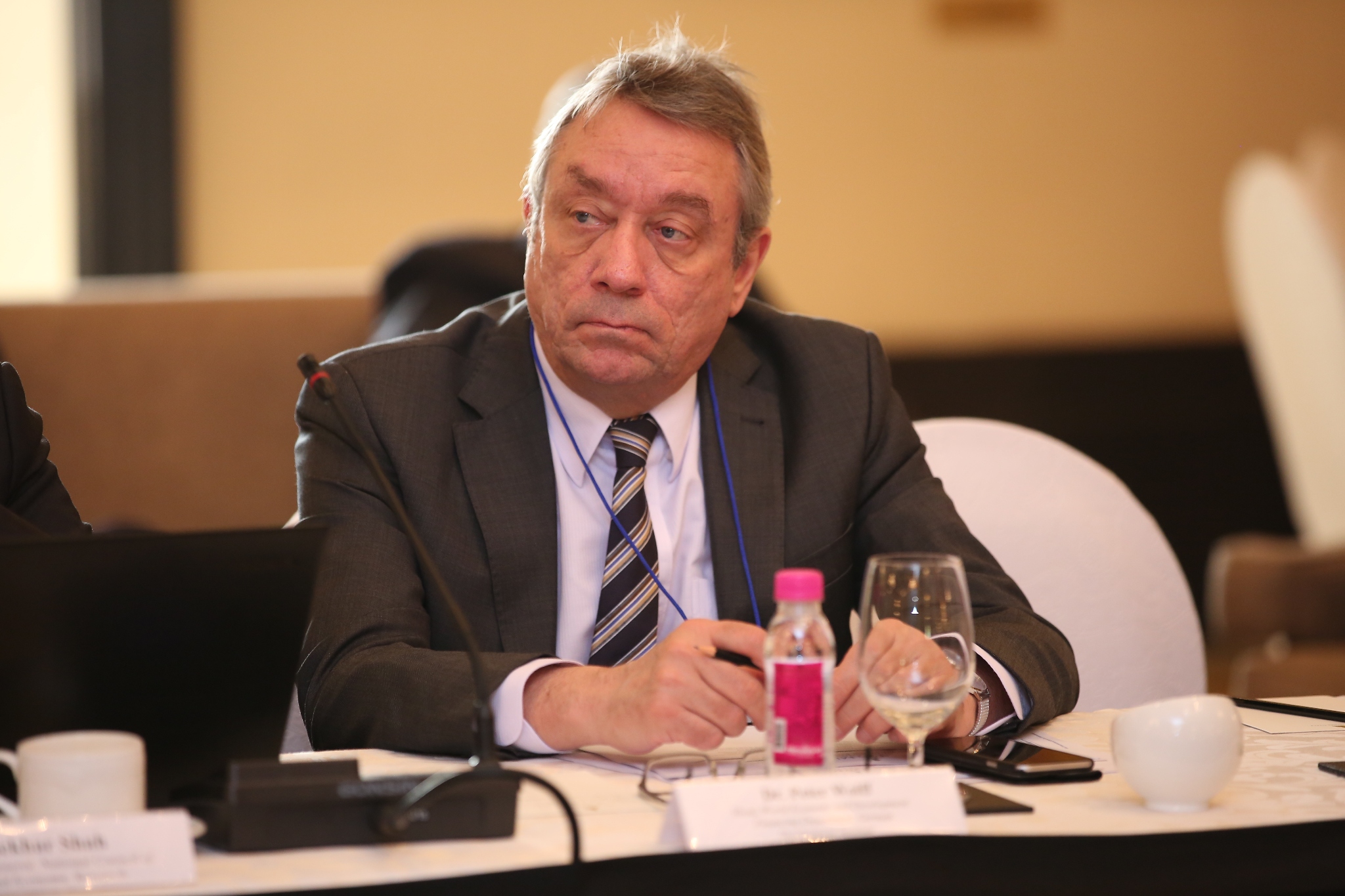Harnessing Opportunities in the Blue Economy
On May 30, Rajiv Bhatia, Distinguished Fellow for Foreign Policy Studies, Gateway House, and Chair of the FICCI Task Force on Blue Economy spoke with Carl Jaison at the Takshashila Institution on India’s national efforts to harness the Blue Economy sectors. They discussed it the draft National Policy on Blue Economy developed by the NITI Aayong, the role of the private sector, the opportunities and challenges in the key and allied sectors, and potential areas of collaboration for the G20 countries.

